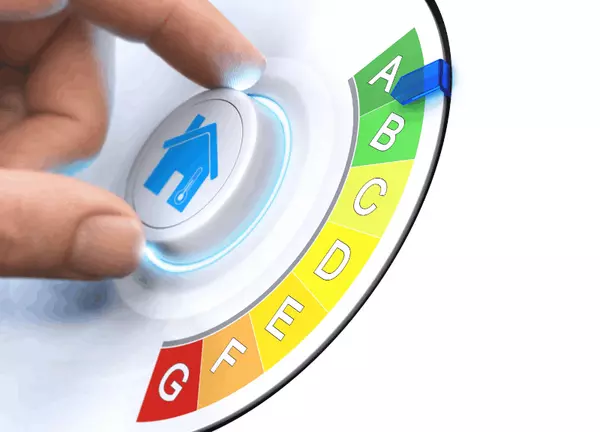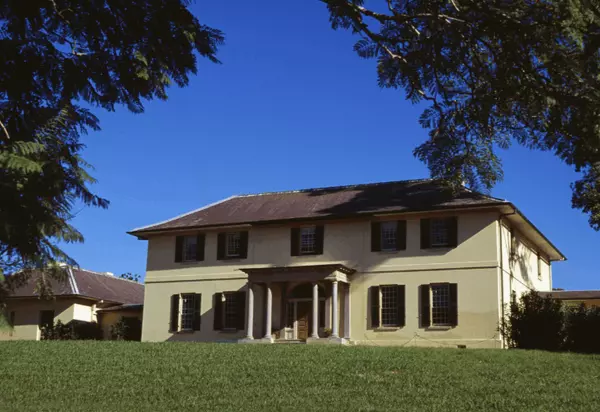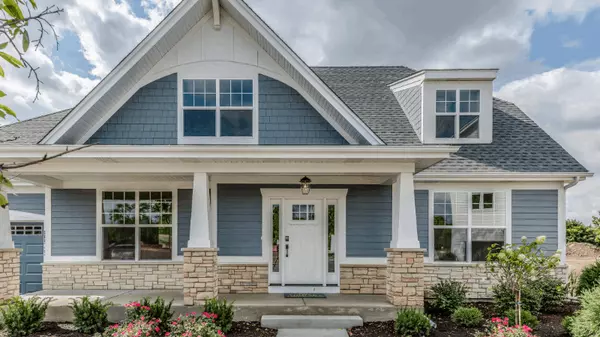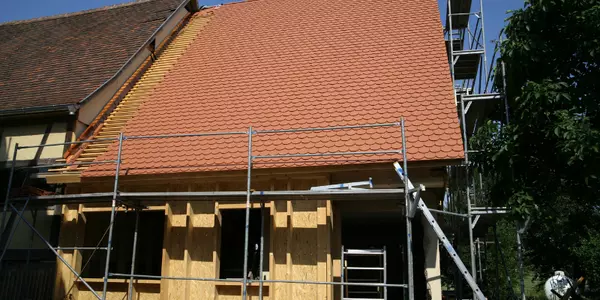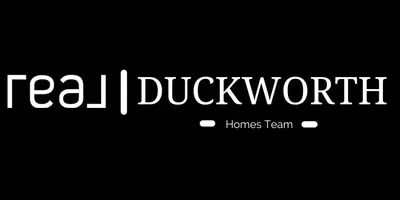Exploring the Eco-Friendly Home Improvement Credit in Rhode Island and Massachusetts

Are you seeking to enhance your home while also being eco-conscious? Discover the ins and outs of the eco-friendly home improvement credit in Rhode Island and Massachusetts.
In an era where sustainability is paramount, the energy-efficient home improvement credit stands as a pivotal incentive for individuals embracing eco-friendly practices. This credit serves as a tax incentive aimed at motivating homeowners to undertake energy-efficient upgrades within their properties.
Research indicates that energy efficiency not only contributes to a greener environment but also translates to substantial savings for homeowners. While the initial investment in energy-efficient products may seem daunting, the long-term benefits include significant reductions in utility bills.
Improving the energy efficiency of your home can encompass various measures, from simple tasks like sealing cracks and replacing filters to more extensive upgrades. You don't need to undertake extravagant measures to make your home eco-friendly; starting with the basics can yield substantial benefits.
A home comprises numerous appliances and systems that consume energy. With advancing technology, homeowners now have abundant opportunities to minimize energy consumption, thereby reducing bills while contributing to environmental conservation.
Here's a comprehensive overview of understanding the eco-friendly home improvement credit:
Chapters
- What is the Eco-Friendly Home Improvement Credit?
- Who Can Qualify for the Credit?
- Qualified Expenses and Credit Amounts
- How Does It Work?
- Benefits of Eco-Friendly Home Improvements
1. What is the Eco-Friendly Home Improvement Credit?
The eco-friendly home improvement credit offers financial assistance to homeowners covering costs associated with qualifying improvements. In Rhode Island and Massachusetts, the maximum credit amount is $1,200 for general home improvements and $2,000 for heat pumps and boilers. This credit typically covers around 30% of eligible expenses, including upgrades such as energy-efficient doors, windows, insulation, and more.
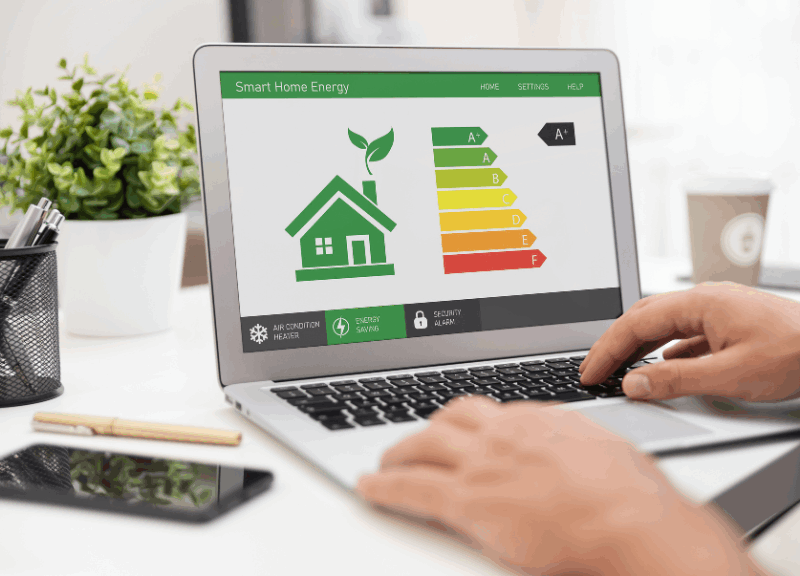
2. Who Can Qualify for the Credit?
To qualify for the eco-friendly home improvement credit, homeowners must primarily reside in their homes and meet certain criteria:
- The home must be situated within Rhode Island or Massachusetts.
- Improvements must be made to an existing home, not a new construction.
- Homeowners must use the property as their primary residence.
Moreover, landlords or property owners who do not reside in the property are ineligible for the credit. Additionally, if the property serves business purposes, the credit cannot be claimed.
3. Qualified Expenses and Credit Amounts
To qualify for the credit, home improvements must meet energy efficiency standards and entail new systems and materials. Various upgrades qualify for the credit, including:
- Installation of solar panels
- Upgrading to energy-efficient windows, doors, or HVAC systems
Qualified expenses may also include home energy audits, with a maximum claim of $150 per year.

4. How Does It Work?
The specifics of the eco-friendly home improvement credit may vary depending on location, as it forms part of government initiatives promoting energy efficiency. Homeowners typically need to maintain detailed records of their improvements, including receipts and invoices, to claim the credit during tax filing. The credit amount and eligibility criteria may vary, emphasizing the importance of understanding specific requirements.
5. Benefits of Eco-Friendly Home Improvements
Beyond financial incentives, eco-friendly home improvements offer numerous advantages:
- Reduced energy bills over time
- Reduced environmental impact through lower greenhouse gas emissions
- Increased home value and attractiveness to potential buyers
- Enhanced comfort and indoor air quality

Embracing energy-efficient practices not only benefits homeowners financially but also contributes to a sustainable future.
In Conclusion
Transitioning to an energy-efficient home aligns with both environmental stewardship and financial prudence. By taking advantage of incentives like the eco-friendly home improvement credit, homeowners in Rhode Island and Massachusetts can embark on a journey towards sustainability while enjoying long-term savings.
Whether you're considering upgrades or seeking an energy-efficient home, consulting with local experts can provide valuable insights tailored to your needs. Investing in eco-friendly practices isn't just about saving money; it's about investing in a greener, more sustainable future for generations to come.
Categories
Recent Posts


